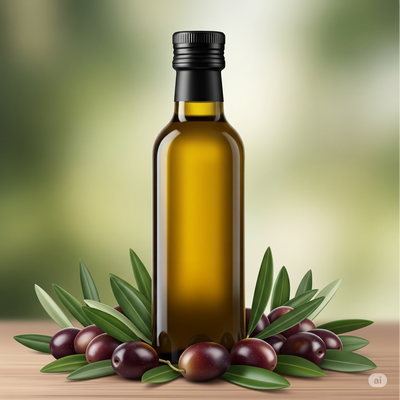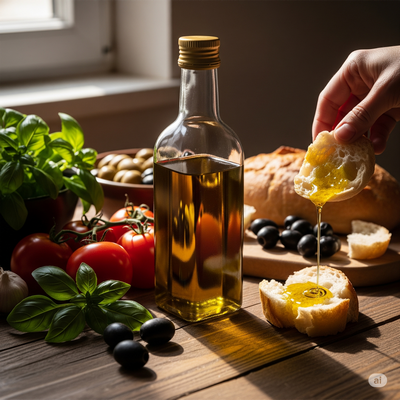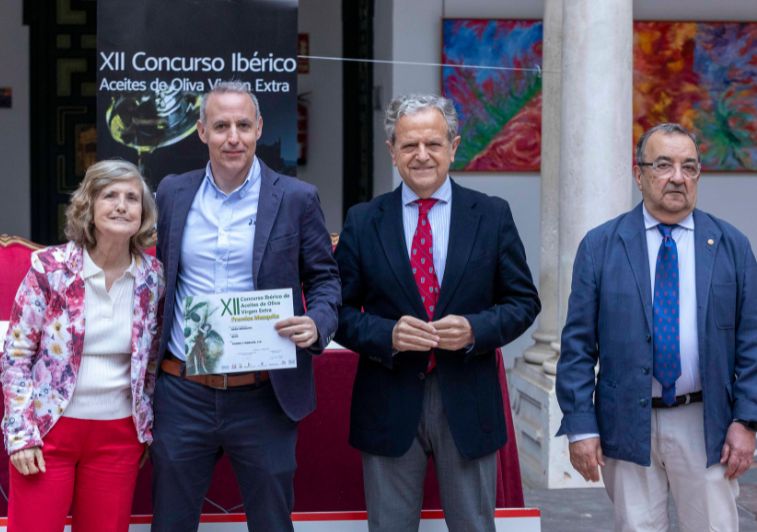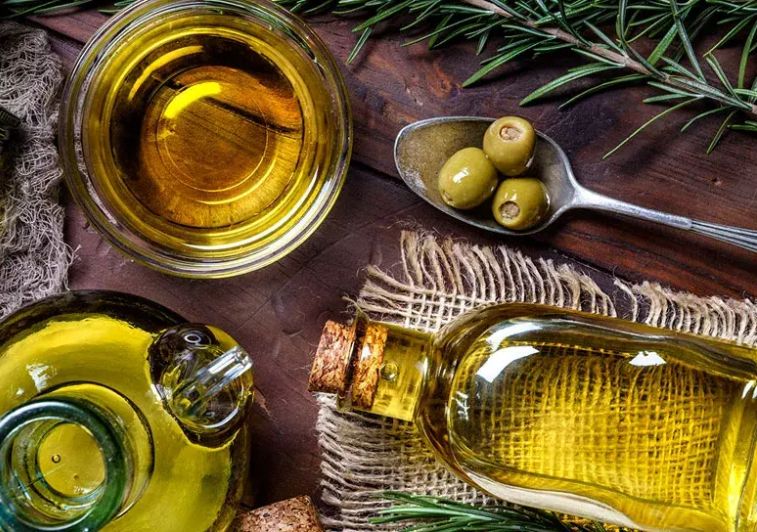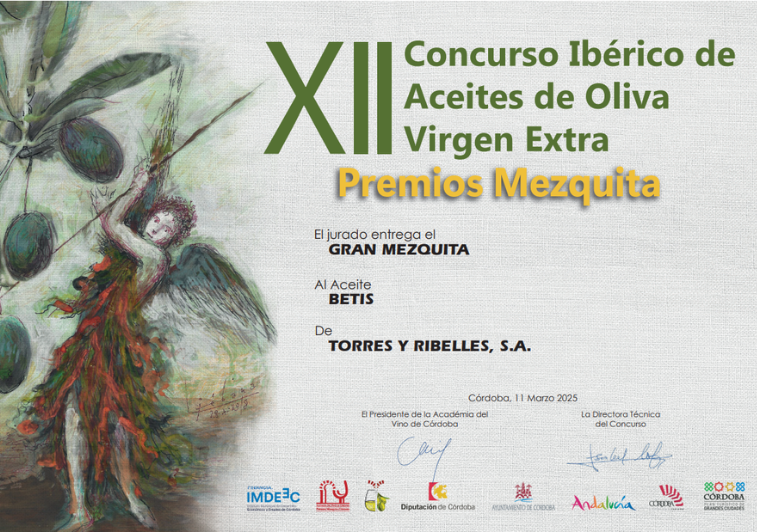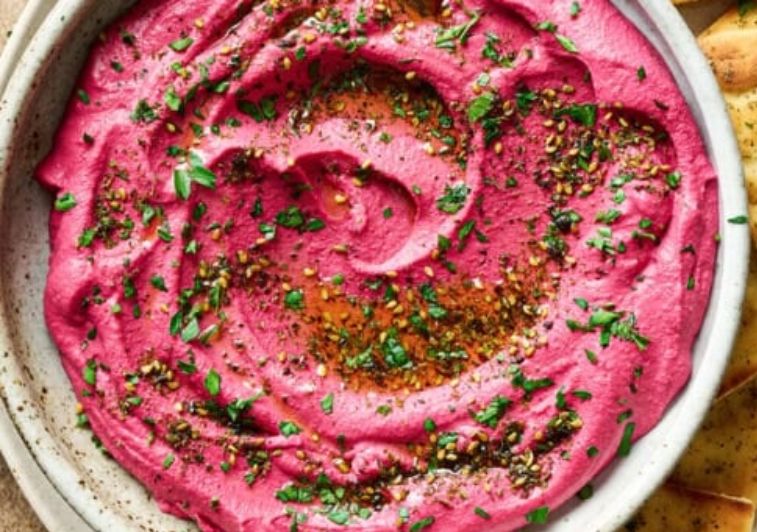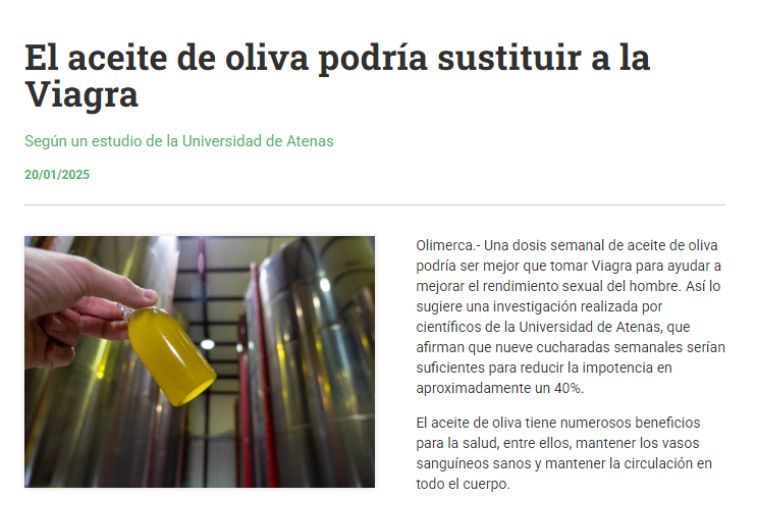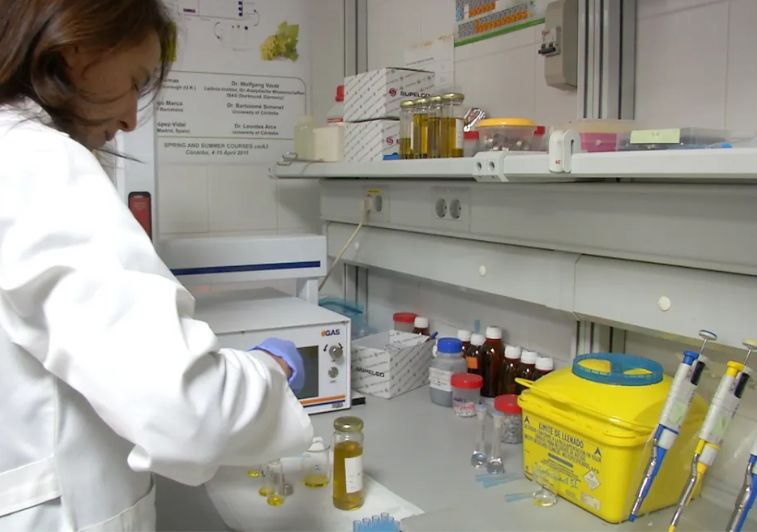DO YOU KNOW THE BENEFITS OF EXTRA VIRGIN OLIVE OIL FOR DIABETES?

Diabetes mellitus (DM) is a group of metabolic disorders that results in elevated blood glucose concentrations. It is originated when the pancreas does not synthesize the amount of insulin the body needs, either when it is made with inferior quality or when the body is not able to use it effectively.
The main function of insulin is to maintain adequate quantities of blood glucose, besides, it allows glucose to be transported inside the cells, where it will be transformed in the energy that will make our muscles and tissues work.
Scientists of de university of Malaga integrated in the Institute of biomedical research of the Andalusian city (IBIMA), in collaboration with experts of the Institute of the Fat, have demonstrated that the daily intake of hydroxytyrosol, a polyphenol present in extra virgin olive oil, reduces vascular diseases risks, derived from diabetes mellitus.
According to the study published in the Journal of Nutritional Biochemistry, it is proved that the continuous intake of hydroxytyrosol in low doses, from 0,5 to 2,5 milligrams, is enough to reduce the vascular inflammation associated to the disease.
In order to appreciate the benefits of hydroxytyrosol, you should take extra virgin olive oil in crude and in daily quantities of 30 or 40 milliliters or 3 tablespoons approximately. The key is to begin the intake since the pathology is diagnosed to stop its progression, according to Mr. José Antonio González-Correa, one of the researchers responsible for the study of the University of Malaga.
Hydroxytyrosol is a phenolic compound with antioxidant properties that are found naturally in olives and olive oil. Previous studies had already pointed out some of the effects it produces, such as reducing the risk of cardiovascular disease, preventing the appearance of certain types of cancer and possessing anti-inflammatory and anti-infectious properties.
The study has been developed experimentally with 7 groups of rats of 10 specimen per group. Control groups are formed by non-diabetic animals, and other formed by diabetic animals that had been given a saline solution. Researchers induce diabetes to a certain point that causes them different pathologies but does not end their life.
With that purpose, they maintain them for two months with high blood glucose levels between 250 and 400 mg/dl, when the normal values are in a range between 70-120 mg/dl. Results show that, there is an increase in biomarkers related to vascular disease and a reduction of two vasodilator substances: nitric oxide and prostacyclin in the case of diabetic animals. This causes the blood vessels to narrow and prevent or reduce blood circulation through the arteries, resulting in deterioration or even death of the body's organic tissues. In contrast, in rats treated with hydroxytyrosol the biomarkers of inflammation were reduced.

 United States
(English)
United States
(English) Spanish
(Español)
Spanish
(Español) Chine
Chine